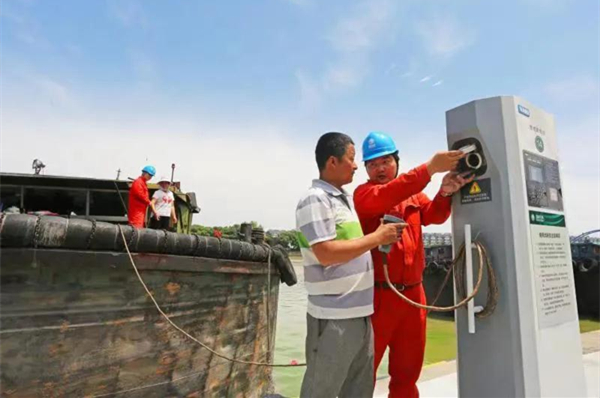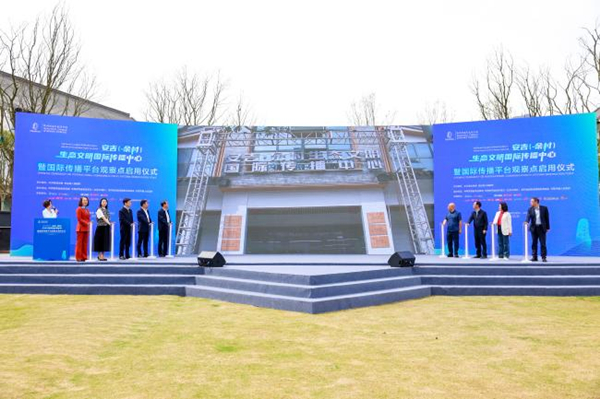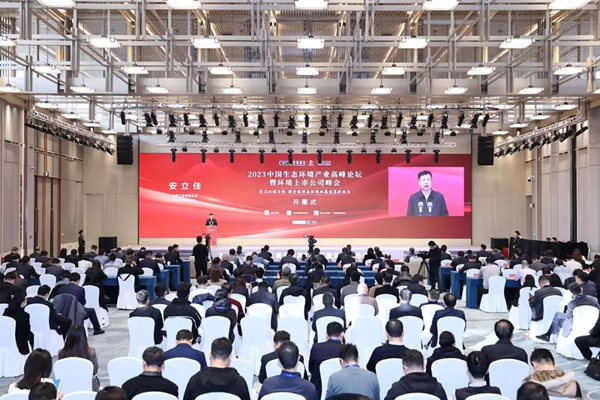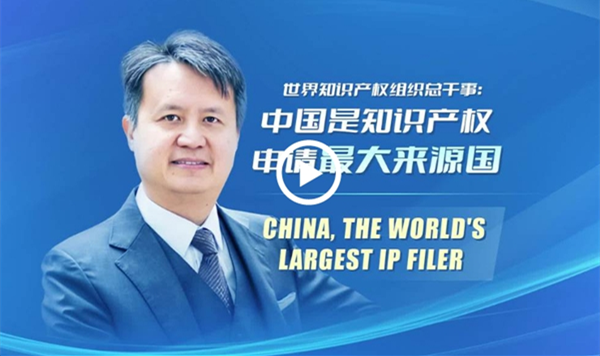Documentary highlights Huzhou's decarbonization practices

An official shows a man how to operate a shore power facility in Huzhou, East China's Zhejiang province. [Photo/WeChat account: huzhoufabu]
A documentary, which recently aired at China Global Television Network, offered a 6-minute overview of Huzhou's decarbonizing practices.
The city in East China's Zhejiang province has been focusing on reducing carbon emissions in recent years in support of the nation's goal to hit peak emissions before 2030 and achieve carbon neutrality by 2060.
Huzhou has become the city in Zhejiang to pilot the grading system evaluating companies' performances in energy consumption efficiency, carbon emissions, and carbon neutrality.
The system, which is the first of its kind in China, classifies companies related to metal smelting, textiles, as well as other high energy consumption sectors into five grades according to their carbon emissions and output value.
Companies are able to check which grade they belong to by scanning a QR code. Their carbon emissions are calculated based on energy consumption data.
To date, the data of more than 3,700 companies above designated size in 381 sectors in Huzhou have been collected.
Those companies that rated low in the grading system will be mobilized to implement technical transformation. In September, Zhejiang decided to promote the system across the province.
Another important decarbonization approach that the city has been taking is promoting renewable energy sources.
Official statistics show that Huzhou currently has 22,105 photovoltaic projects connected to the grid, with a total installed capacity of 1,912 megawatts.
In addition, Huzhou has been actively facilitating the replacement of diesel with electricity in port operations in recent years in an effort to reduce carbon emissions.
In June, it introduced the first fiscal subsidy policy for shore power usage in China, enabling nearly 20,000 sailors in the city to enjoy the electricity price of 0.314 yuan ($0.05) per kilowatt-hour, which is lower than that for ordinary residents.
To date, 412 sets of shore power facilities, including 254 sets of smart facilities, have been built in 117 places, including wharfs, anchorages, and service areas, in Huzhou.





